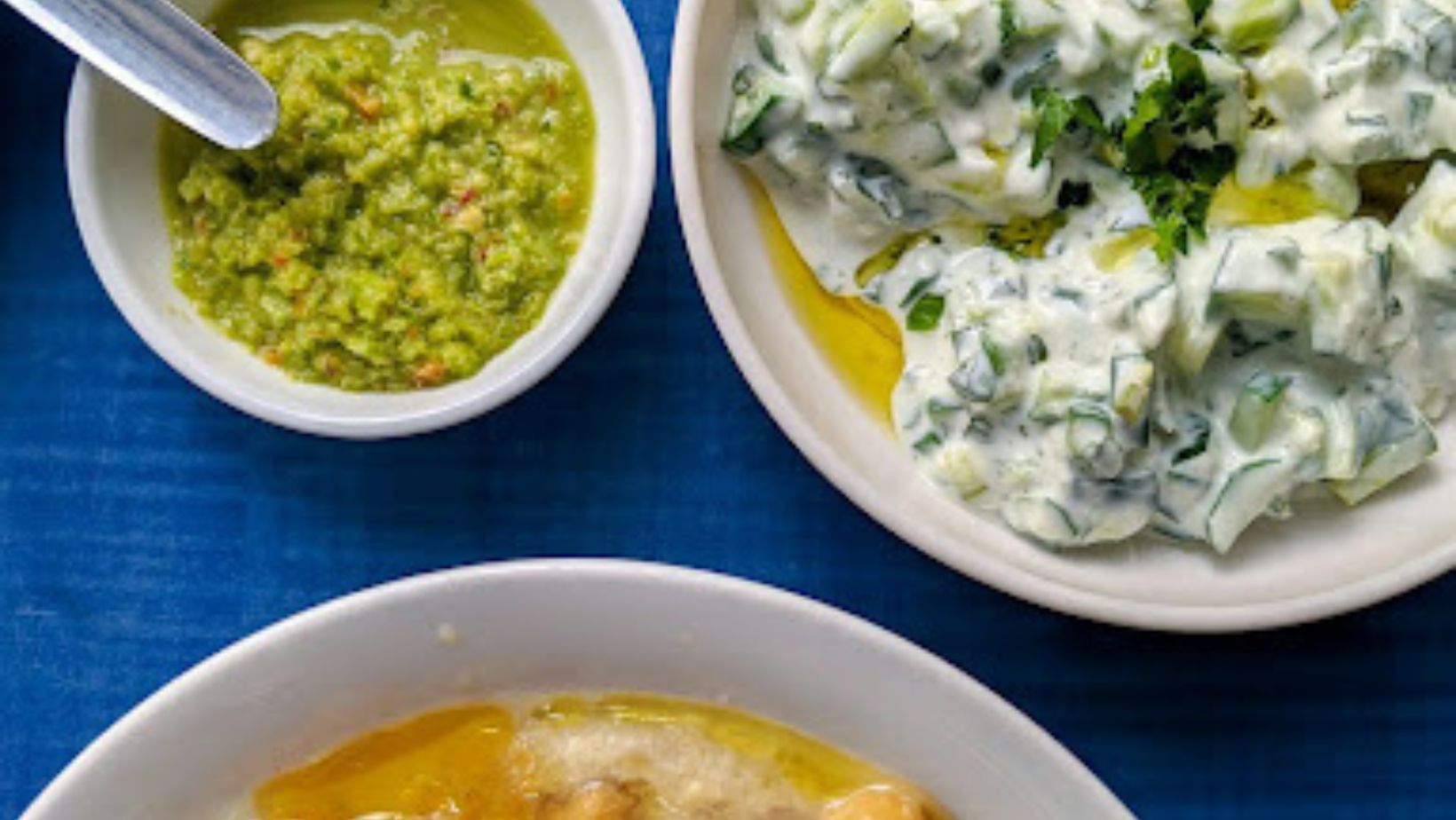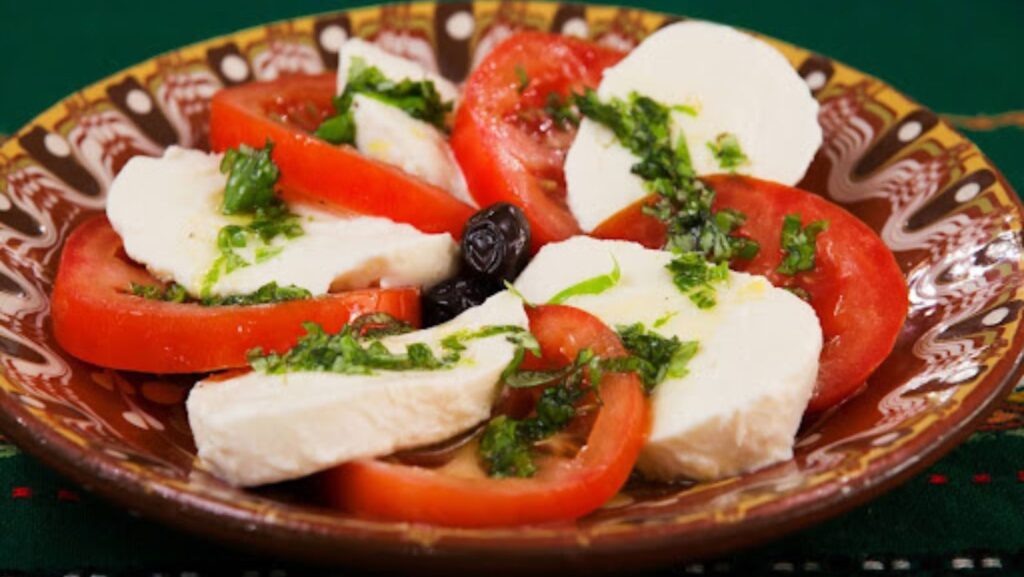The Mediterranean region is celebrated for its stunning landscapes and its vibrant and varied cuisine. This culinary tradition is built around fresh ingredients, healthy fats, and aromatic herbs that create an explosion of flavors in every dish.
Integrating these Mediterranean flavors into your own cooking can transform meals from ordinary to extraordinary. Here are six effective ways to infuse your kitchen with Mediterranean flair and create dishes that transport you straight to the sunny shores of the Mediterranean Sea.
Cook with Quality Olive Oil
Olive oil is the foundation of Mediterranean cuisine. This oil is rich in monounsaturated fats and antioxidants, making it a healthier choice when compared to other cooking oils. Invest in quality olive oil coming from a local olive farm and harness its full flavor. Good olive oil should have a peppery finish and a fruity aroma that indicates quality. Use olive oil as a base for dressings and marinades. Combine it with a splash of vinegar, fresh herbs, and a touch of garlic for an instant salad dressing. You can drizzle olive oil over cooked vegetables or grilled meats to add to their natural flavors. In baking, olive oil can replace butter in recipes for bread, cakes, and desserts, resulting in a distinctive taste that reflects Mediterranean roots.
Embrace Fresh Herbs and Spices
Basil, oregano, thyme, and rosemary are staples that elevate dishes with their aromatic contributions. When fresh, their scents and tastes bring life to everything from salads to grilled meats. These herbs should be used generously in marinades and dressings, allowing their natural essence to complement other ingredients. Cumin and coriander can deepen flavors in Mediterranean and Middle Eastern dishes.
If you want to truly elevate your culinary experience, grow your own herbs at home. A small window box filled with basil or cilantro can supply you with fresh additions whenever you need them. Exploring the local markets for dried options can introduce you to unique spice blends that you might not find at larger grocery stores.
Incorporate Whole Grains
Whole grains offer health benefits and provide a satisfying base for meals. Farro, bulgur, and couscous can easily be included in various dishes. Cooking with whole grains adds texture and depth, elevating the dining experience. You can prepare grain salads by combining cooked quinoa with chopped vegetables, nuts, and a tangy dressing. Farro, with its nutty flavor, pairs beautifully with roasted vegetables and goat cheese, creating a vibrant dish full of flavor.
Whole grains are packed with fiber, which promotes digestive health and adds nutritional value to your meals. Making the switch from refined grains to whole grains can bring flavor and health benefits.
Prioritize Seasonal Produce
The Mediterranean diet emphasizes fresh, seasonal produce, and for good reason. Fruits and vegetables picked at their peak season deliver better flavor and higher nutritional value. Visiting farmers’ markets or joining a local community-supported agriculture (CSA) group can help you discover what’s in season and encourage you to experiment in the kitchen.
In spring, create vibrant salads with asparagus, peas, and radishes. As summer arrives, meals can highlight tomatoes, zucchini, and eggplants, whereas fall is the perfect time for squash and root vegetables. Each season brings new opportunities for creativity in your cooking. Roasting seasonal vegetables with olive oil and herbs is an excellent way to bring out their natural sweetness.
Explore Fermentation and Preservation
Fermentation and preservation techniques are deeply rooted in Mediterranean cuisine. Olives, sun-dried tomatoes, pickled vegetables, and fermented dairy are some of the most common ones. Making your own fermented foods can add a new dimension to your dish and allow for a fun cooking project. Fermented foods are known for their probiotic properties: they aid digestion and introduce tangy flavors that complement other ingredients beautifully.
Add fermented olives to a salad or plating pickled vegetables alongside grilled meats to elevate the dish. Utilizing cooking methods like sun-drying can intensify flavors in tomatoes and peppers, creating concentrated bursts of taste. Exploring these traditional techniques can open up new culinary possibilities in your kitchen.
Make Use of Modest Proteins
In Mediterranean cuisine, modest proteins are celebrated for their versatility and health benefits. Beans and lentils are budget-friendly and offer an excellent source of plant-based protein. Incorporating these proteins into dishes can create satisfying and nourishing meals while minimizing reliance on red meat. Fatty fish provide Omega-3 fatty acids, contributing positively to heart health. Meals based on fish can be both light and fulfilling, ideal for warmer days.
Roasted chicken flavored with herbs and spices can serve as a centerpiece for many traditional Mediterranean meals, paired beautifully with grains and vegetables. Each of these options allows for a diverse range of dishes and flavors that are satisfying without being heavy.

To bring Mediterranean flavors into your kitchen, focus on the quality of your ingredients. Experimenting with various methods, from incorporating whole grains to exploring fermentation, can add to your culinary adventures. Following these approaches can easily lead to delicious and nutritious meals that embody the rich traditions of Mediterranean cuisine.
